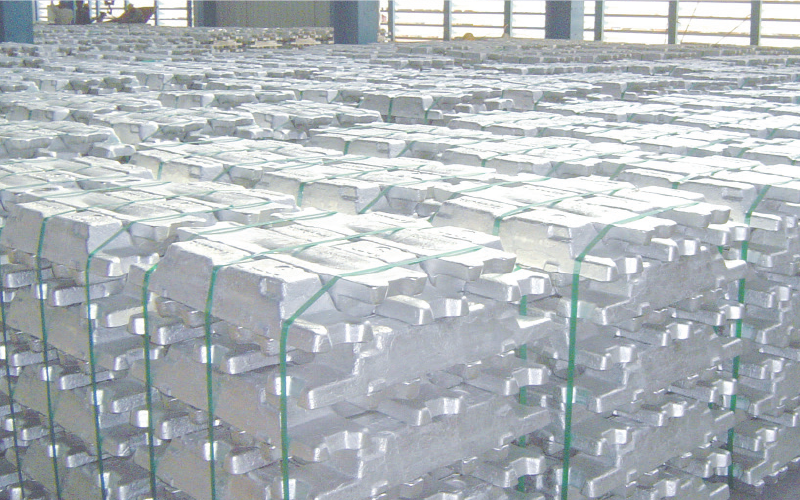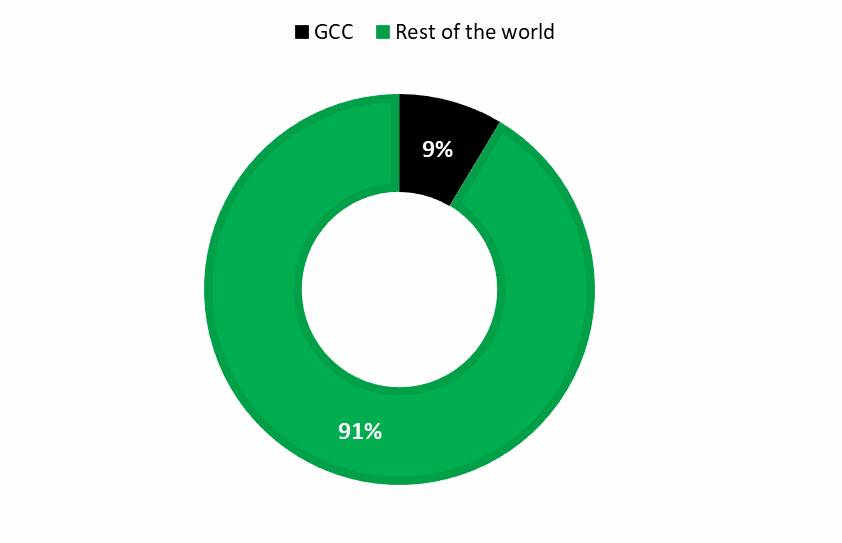Trump's tariffs may push US aluminium buyers toward Middle East, India
The United States metal companies and companies that import metals for their product manufacturing are likely to turn to the Middle East and India for aluminium supplies as they seek to bypass the extensive tariffs imposed by President Donald Trump, according to industry sources.

Trump's planned tariffs—25 per cent on imports from Mexico and most Canadian goods, along with 10 per cent on Chinese goods—lack precise details but are set to take effect on Tuesday, rattling markets. Analysts note that US consumers rely on Canadian aluminium producers like Alcoa and Rio Tinto for over half of their imported supply, prompting concerns about finding alternative sources.
Primary aluminium production: North America, GCC & India (in million tonnes)
Source: IAI
Aluminium is crucial for the transport, packaging, and construction industries. According to data from the U.S. Commerce Department, the United States imported multi-million tonnes of aluminium products in 2023.
Glyn Lawcock, an analyst at Barrenjoey, a Sydney-based investment bank,, "Canada will divert some aluminium from (going to) the U.S. to other regions, so for the US to encourage aluminium from other regions, they are going to have to pay a bit more."
This will be reflected in physical premiums, encompassing costs like handling and shipping. These premiums are paid in addition to exchange prices to secure the delivery of physical metal.
Primary aluminium prices in the US are determined by the London Metal Exchange benchmark, supplemented by the Midwest premium.
Primary aluminium production, 2024
During an earnings call last month, the CEO of one of the leading US aluminium producers stated that the company could redirect its Canadian material to Europe. He also anticipated increased aluminium imports from the Middle East and potentially India into the US market. The United Arab Emirates and Bahrain are significant aluminium producers in the region.
However, a legal advisor recommended that clients exercise caution if the tariffs are lifted and advised them to prepare for the possibility of selling in markets outside the US if Trump extends the tariffs to additional regions.
Top image credit: Balco
Information credit: Reuters
This news is also available on our App 'AlCircle News' Android | iOS


.png/0/0)













.png/0/0)







